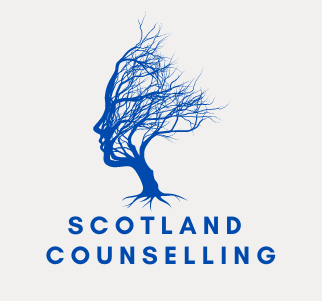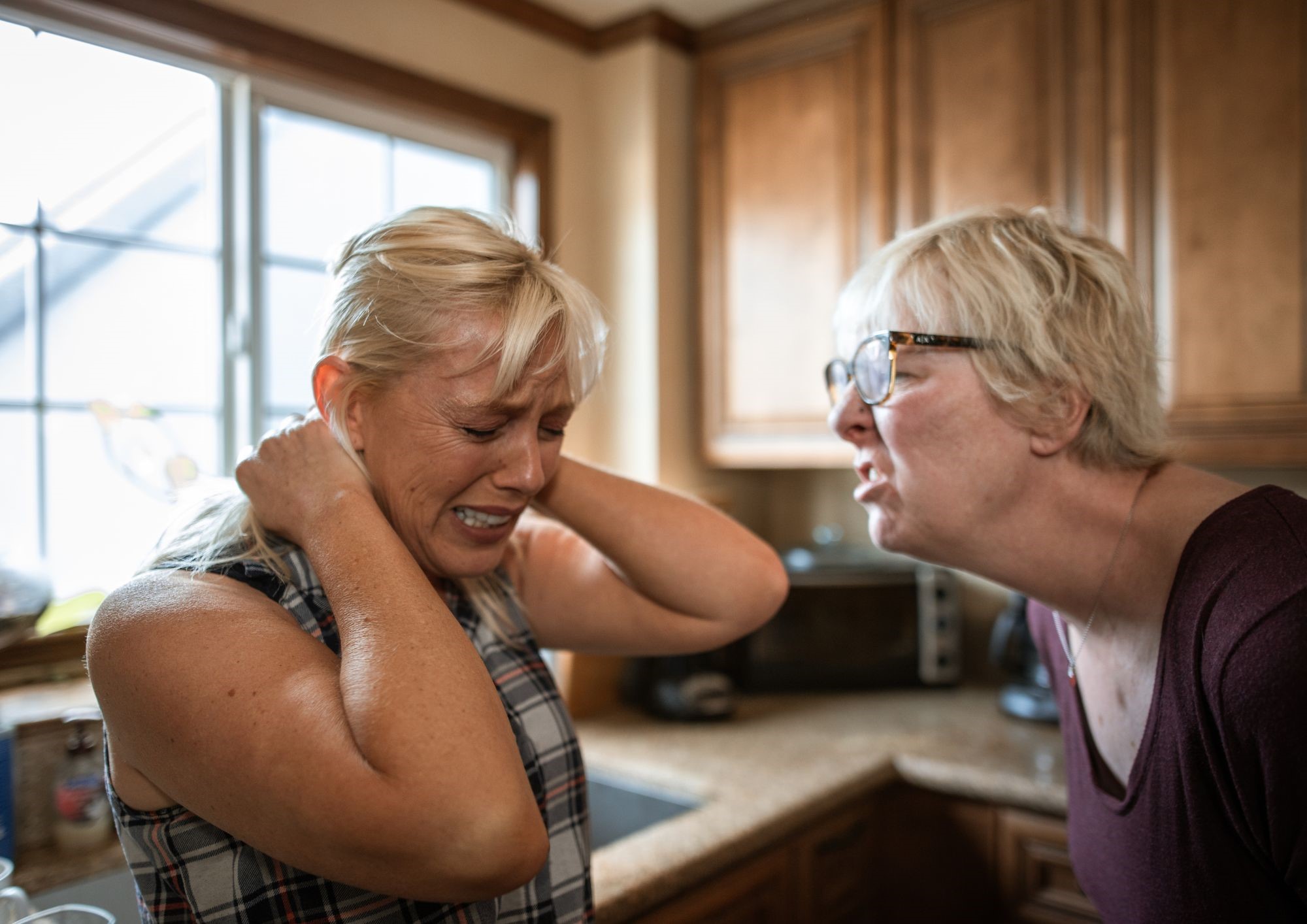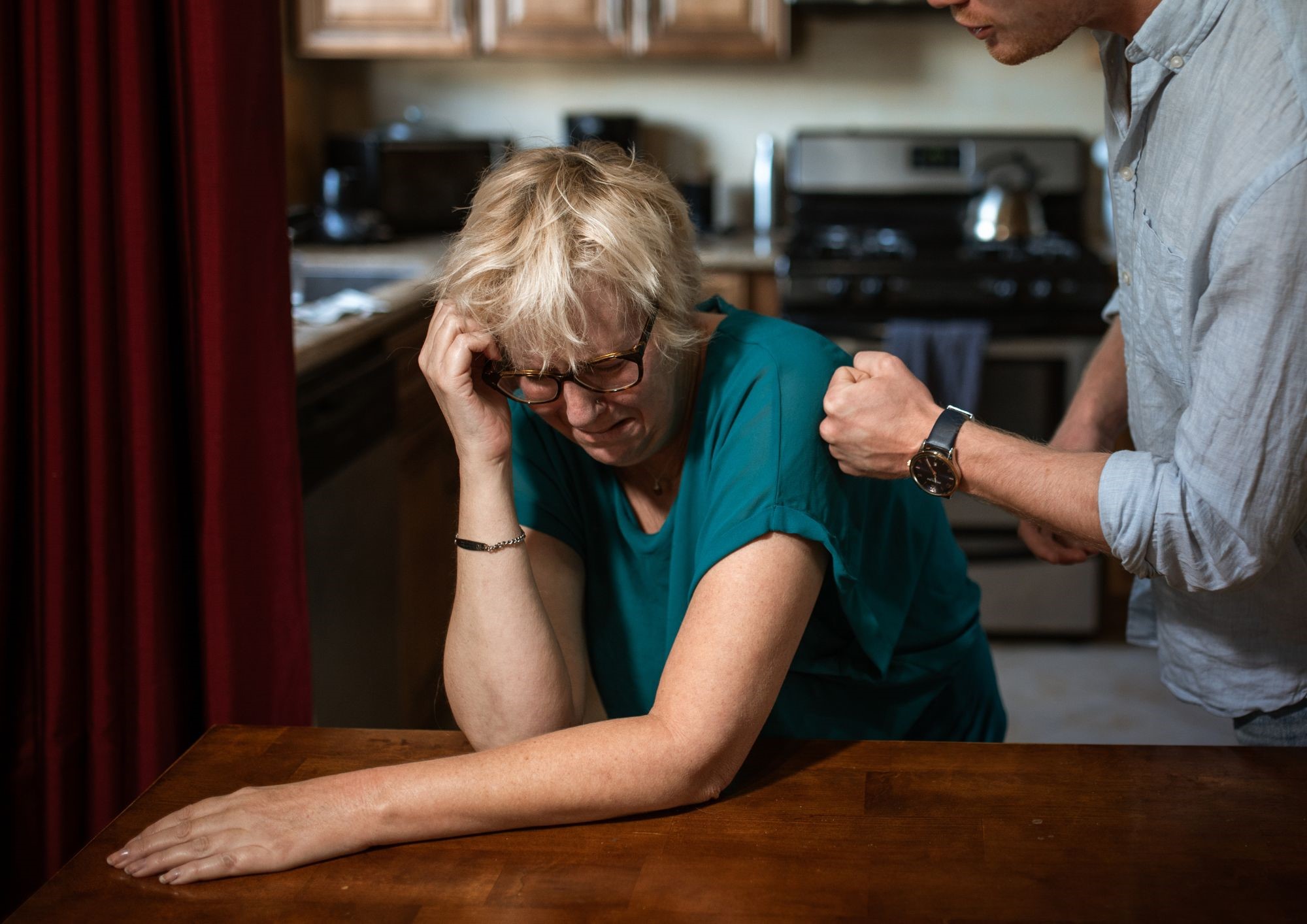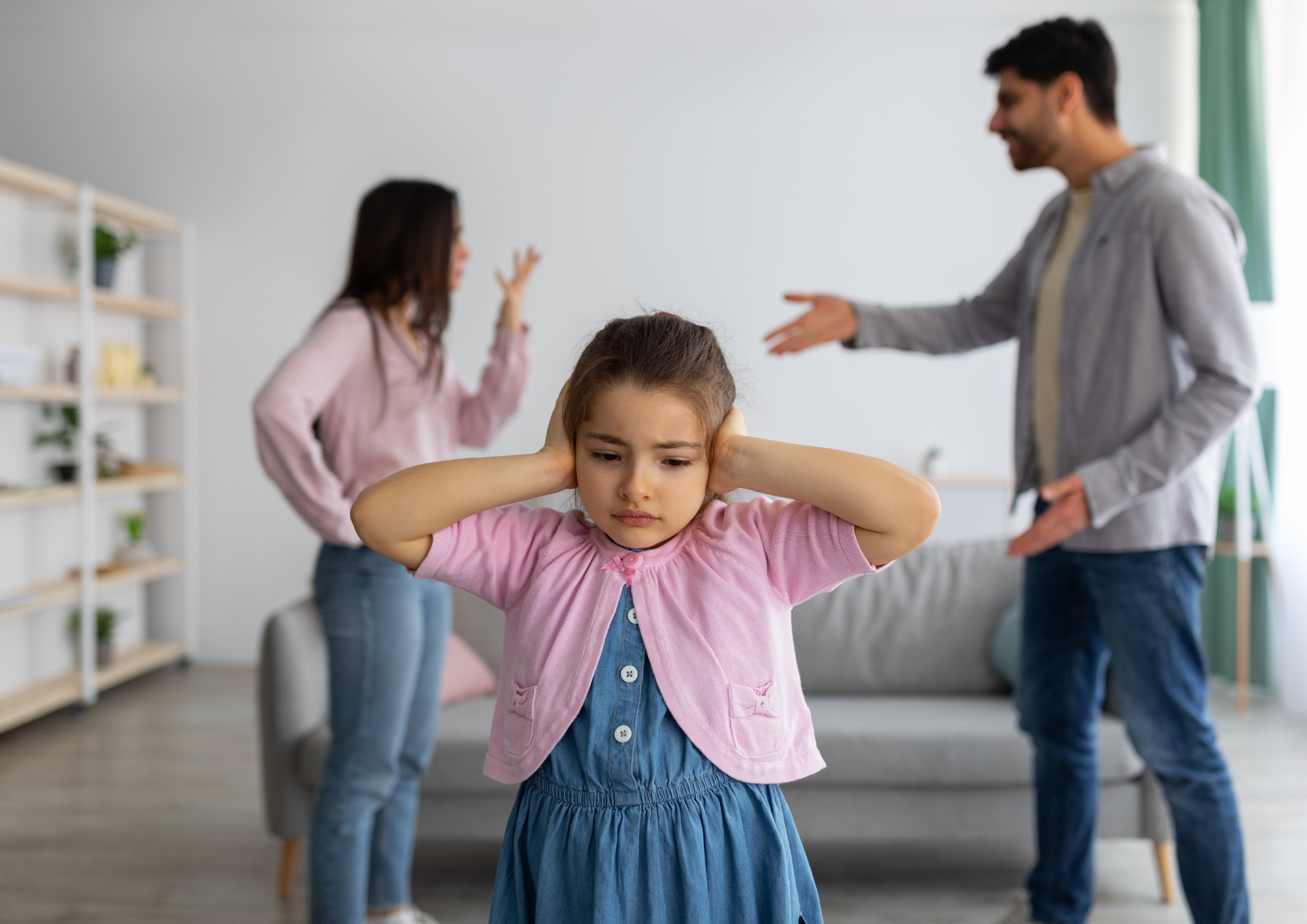“Nothing can remove the pain of loss, but counselling can provide a safe place to talk about your feelings and develop coping skills to improve self-care while grieving.” Liz Kell
Grief and Its Stages
There is no right way to grieve, as every person reacts differently and has a way of grieving their loss.
Grief may follow some stages and periods involving different feelings. The five stages of grief, known as “Kubler-Ross stages of grief model,” include:
- Denial: After the death of loved ones, most people want to remain in denial about what happened to protect themselves from the emotions that come with grieving temporarily.
- Anger: Some people start getting angrier than usual and direct their anger towards others and sometimes themselves.
- Bargaining: After the period of denial and anger, the “what if” and “if only” stage begins.
- Depression: It is a quiet stage where a person experiences feelings of confusion and sadness.
- Acceptance: It is the stage where you accept what happens and what you are going through

When to Seek Help
You should seek help when your grief is:
- Interfering with daily activities
- Causing problems with relationships
- Developing a feeling of depression and guilt
- Making it harder to carry on with everyday life
Grief Counselling
Grief counselling helps individuals cope with loss and grief’s emotional and psychological effects. Counselling allows people to discuss their feelings and emotions, helping them find ways to process the experience. Grief counsellors may share tools and techniques to support processing their grief, managing their feelings, and navigating life’s challenges after loss.
Grief counselling can take many forms, depending on the needs and preferences of the individual seeking support. Some common types of grief counselling include:
- Individual counselling involves one-on-one sessions with a trained grief counsellor. Individual counselling can be helpful for individuals who are struggling to process their grief and need a safe and supportive space to explore their emotions.
- Group counselling encompasses sessions with individuals experiencing grief and loss. Group counselling can be a helpful way to connect with others going through a similar experience and share experiences and coping strategies.
- Family counselling involves sessions with the entire family or specific family members struggling to cope with loss. Family counselling can help to improve communication and provide support for everyone who is affected by the loss.

Benefits of Grief Counselling
Grief counselling can provide many benefits for individuals struggling with loss and grief. Some of the essential benefits of grief counselling include:
- Emotional Support: Grief counselling provides individuals a safe and supportive space to explore their emotions and process their grief. This can be incredibly helpful for individuals feeling overwhelmed, isolated, or alone in their grief.
- Coping Strategies: Grief counselling can help individuals develop coping skills to manage their emotions and navigate life’s challenges after loss.
- Improved Mental Health: Grief can have a significant impact on mental health, and grief counselling can help to address issues such as depression, anxiety, and confusion.
- Increased Resilience: Grief counselling can help individuals to build resilience and develop the skills they need to move forward.
Finding a Grief Counsellor
When choosing a grief counsellor, looking for someone with experience working with individuals experiencing grief and loss is essential. It is also important to choose someone you feel comfortable talking to and trust to provide the support and guidance you need.










